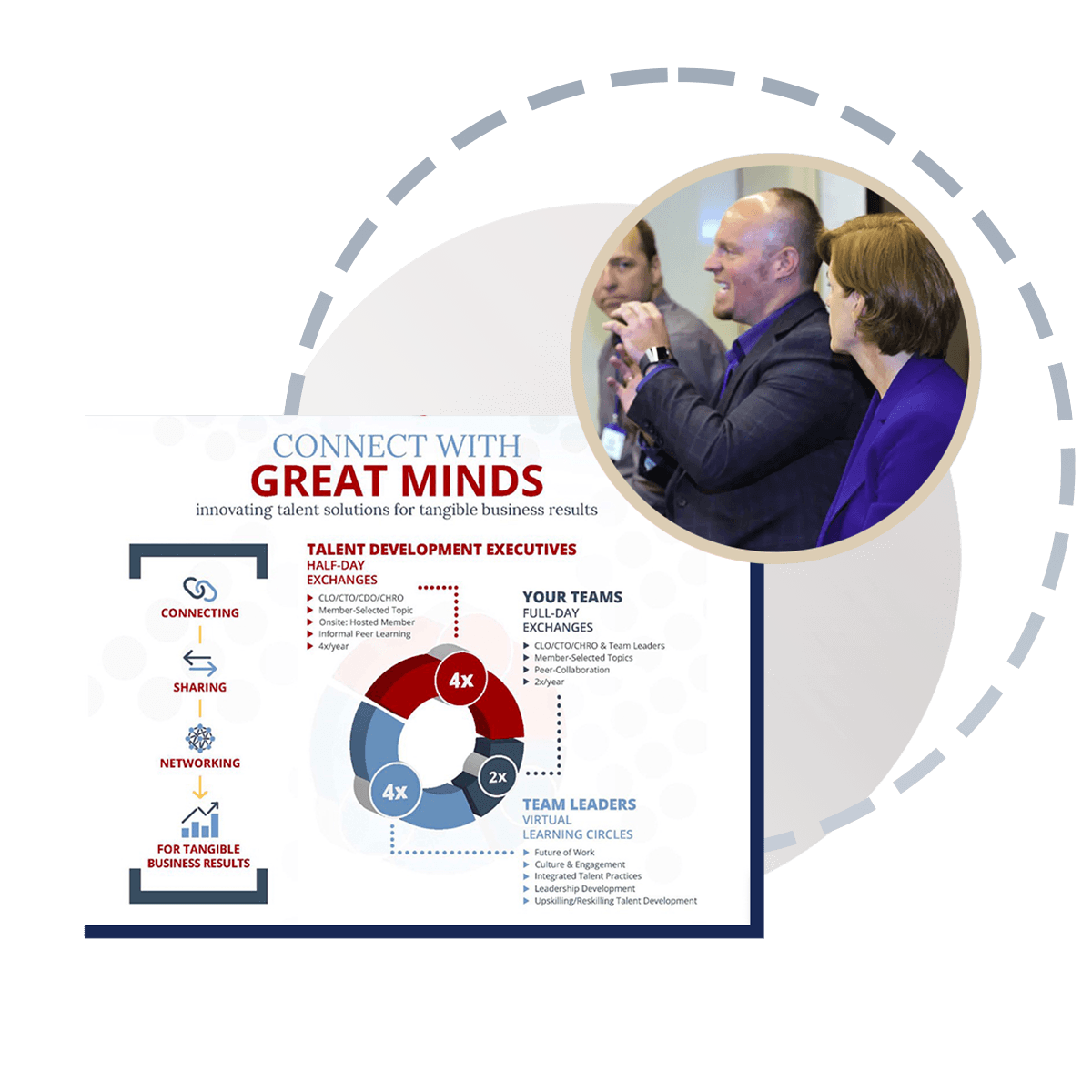Session Focus: Change management tips for starting the journey to integrated skills-based talent practices
In today's rapidly evolving business landscape, organizations are increasingly recognizing the importance of transitioning towards a skills-based model. However, this transformation goes beyond simply creating skill taxonomies; it requires a profound shift in organizational rules, processes, and mindsets. As Matt aptly stated during the session, "What is the work output and the work production that we have? I think a lot of times we start from the large taxonomy side...but there was always a gap between skills definition to actual work product."
This session highlighted three crucial takeaways for organizations embarking on this journey:
1. Transitioning to a skills-based model requires fundamentally rewriting many organizational rules, processes, and mindsets – it's a profound change.
2. The focus should be on aligning skills to actual work outputs and business goals, not just creating skill taxonomies.
3. Change management for this transition has to go far beyond just communications – it needs to be deeply embedded, multi-pronged, and geared towards a profound mindset shift.
As organizations navigate this transformation, it becomes increasingly evident that a comprehensive change management strategy is imperative. Change management can no longer be synonymous with a mere communications strategy; instead, it must be ingrained throughout the organization, addressing the unique needs and perspectives of various stakeholders, from leadership to individual employees.
The session emphasized the importance of fostering an open mindset and embracing the "Wild West" of the future of work. By aligning skills with actual work outputs and business goals, organizations can unlock the true potential of their workforce and remain competitive in an ever-changing environment.
Embark on this journey with a holistic approach, ensuring that change management is woven into every aspect of the transition, from redefining job roles and performance management to enabling better manager-employee conversations around skills. Only then can organizations truly harness the power of a skills-based model and thrive in the era of continuous adaptation.
